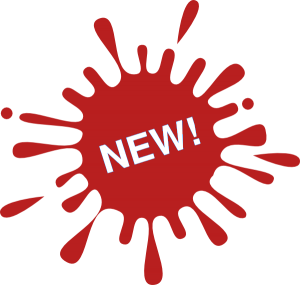Each curricula is developed with service categories in mind. These are identified in the Outline for each curricula. However, each provider is responsible for ensuring the proper service category when providing and billing for the service. It is also recommended that each curricula be reviewed and edited as you deem necessary to fit the strengths and needs of each particular group. Thank you.
-
LIVING
- Modern World: Participants will learn how to use modern technology, such as alarm clocks, microwaves, cell phones, DVD players, ATMs, etc so that they can improve their independence in the community. When appropriate, participants will learn and practice skills in community settings.
- Tools for Tenants: Participants will learn about permanent supportive housing. They will also identify what their preferences are when considering a move to supportive housing.
- Keeping the Peace: Participants will learn conflict resolution skills so that they can resolve conflict in their living environment.
- Home Management Skills: Participants will learn home management skills that will help them to feel more comfortable in their living situation.
- I Think I Want to Move: Discovering My Options is designed to have participants explore types of housing that exists outside of an Adult Home. The first two lessons are designed to give participants the final “push” they need to want to move. Each of the remaining lessons, provide information about the many different housing options that are available to participants.
- I Can Live on My Own and Be Well: “I Can Live on My Own and Be Well” is a curriculum that will help people in PROS programs manage their daily activities and take care of their needs. Lessons include decision making, socialization, managing ADLs, living a healthy lifestyle, and getting your needs met with medical providers.”
- MONEY! – A PROS Benefits and Financial Management Curriculum: MONEY is a Benefits and Financial Management (CRS-BFM) service that assists PROS participants in understanding money and their relationship to it. This group is designed as a foundation service which explores basic money management concepts such as needs vs. wants; fixed vs. discretionary costs; creating a money plan (or budget) which covers expenses as well as building a “cushion” (or savings) and avoiding money “traps” such as gambling and retail payment plans. The curriculum attempts to normalize the discomfort people can experience when talking about money matters. It takes a harm-reduction stance regarding spending on substances, gambling and other “costly pleasures”. It is rooted in the belief that financial stability is a critical aspect of the recovery process. Created by NYC OMH and the Coalition of Behavioral Health.
- Curriculum can be found HERE
-
- Who Ya Gonna Call: This curriculum will help individuals who have limited or no experience living independently troubleshoot the problems that may arise when living on one’s own. This class will identify concrete issues to look for – and practical solutions to – mundane problems such as getting locked out of one’s home, creating a fire escape plan or how to remedy insect infestations.
Living

